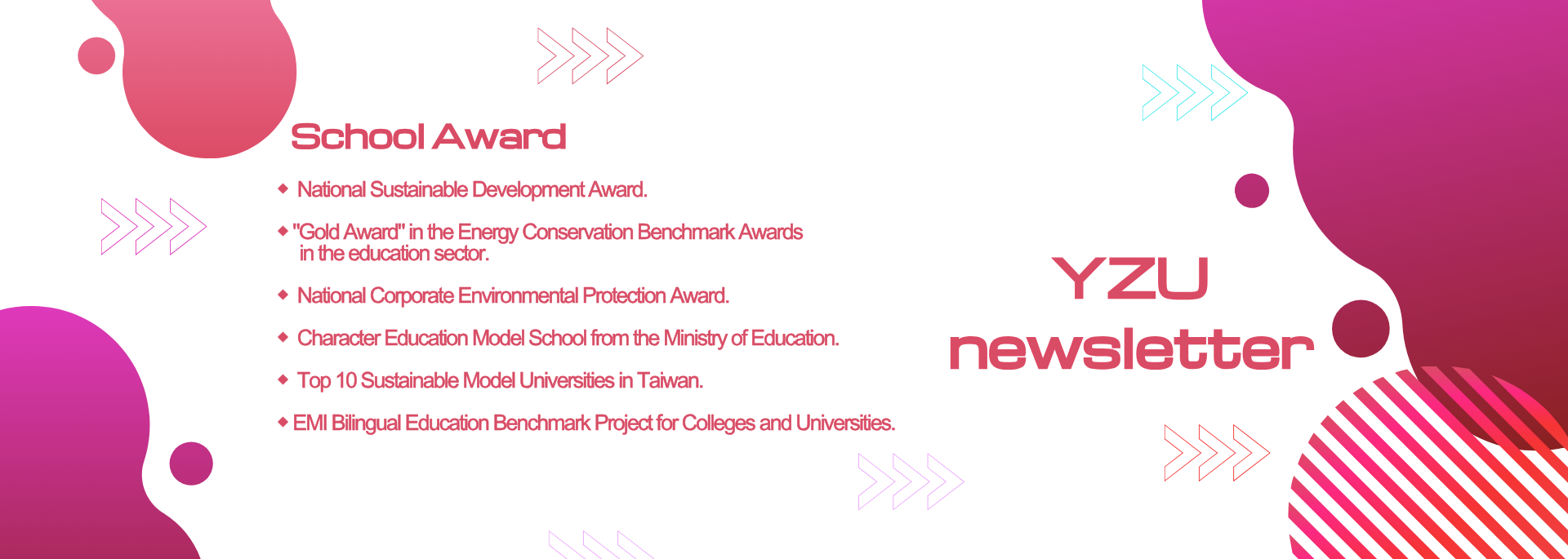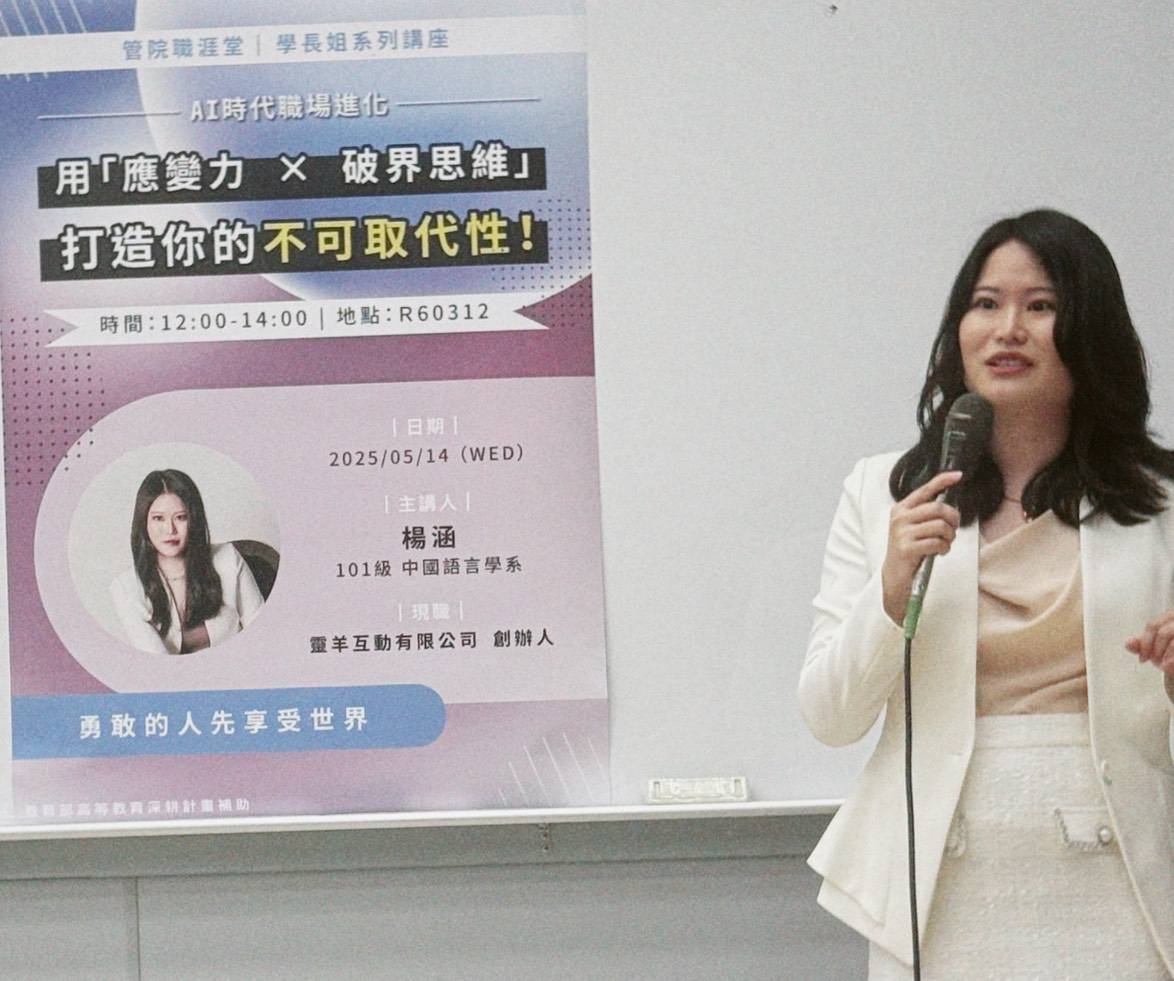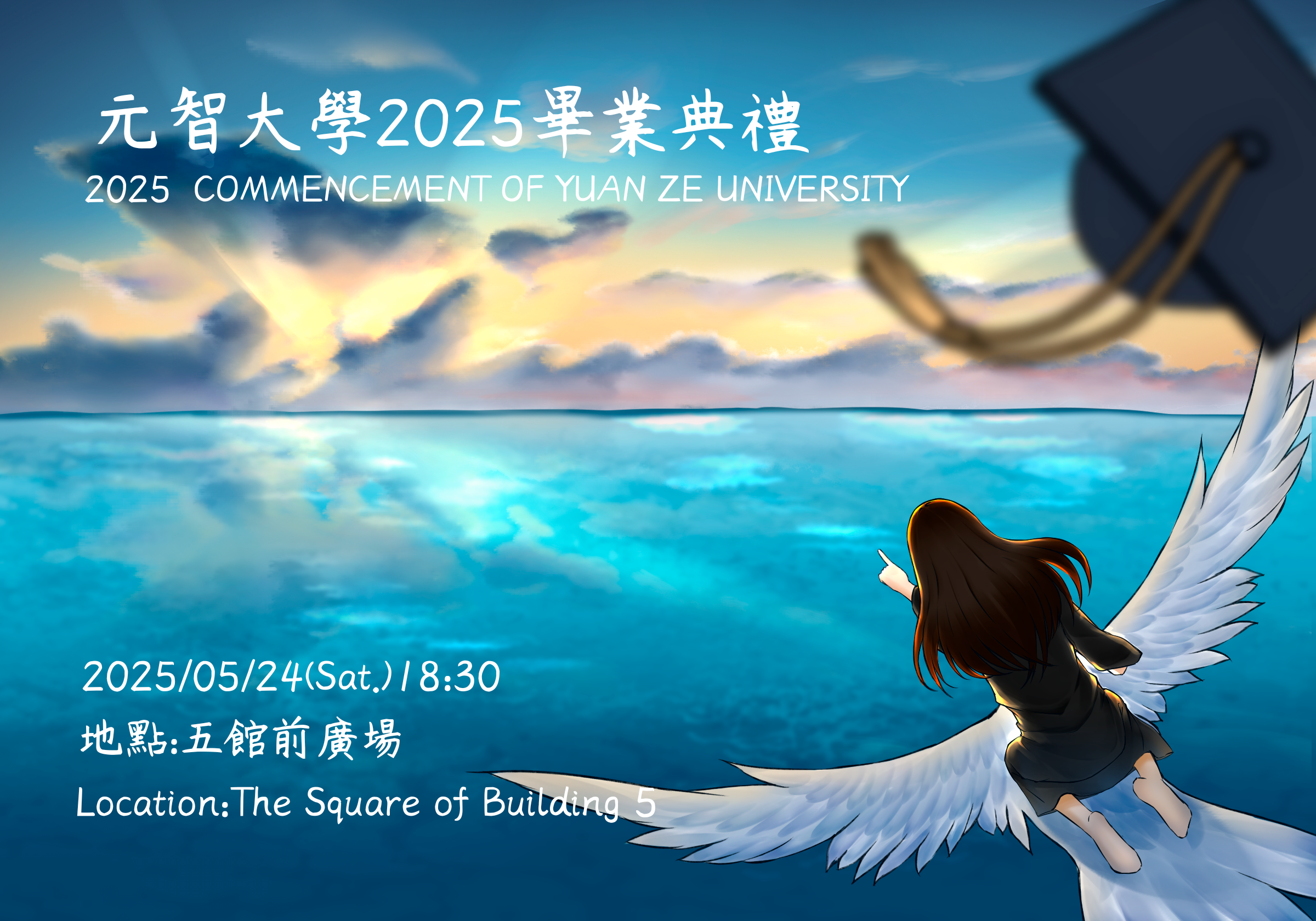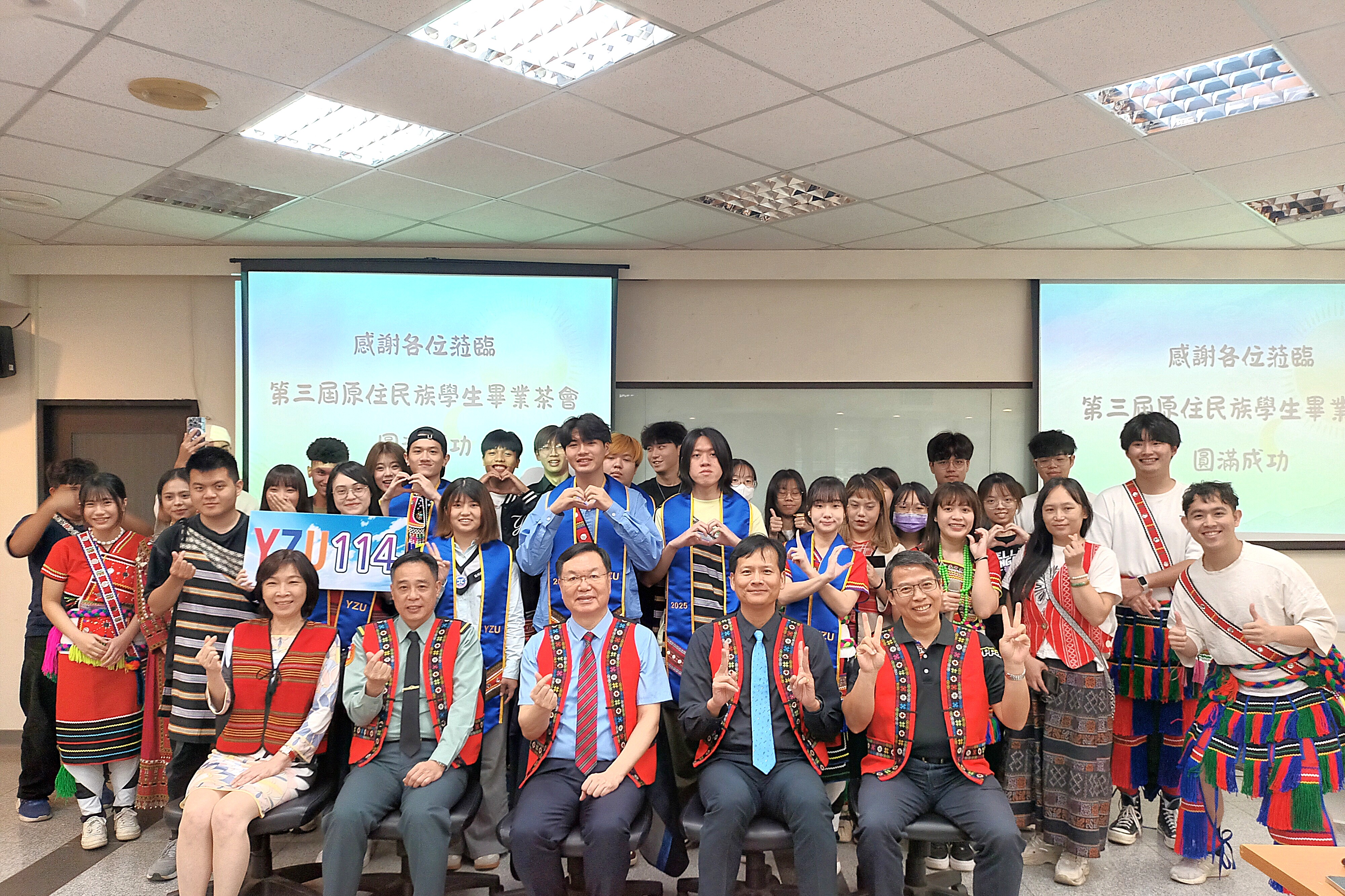On May 14, the College of Management at Yuan Ze University hosted a Career Lecture featuring alumna Yang Han, a 2012 graduate of the Department of Chinese Linguistics and Literature of LingYang Interactive. Her talk, titled “Adaptability × Boundary-Breaking Thinking: Building Your Irreplaceability,” offered students valuable insights into navigating today’s rapidly changing job market.
Yang opened her lecture by reflecting on a series of major global events, including the 2008 financial crisis, the COVID-19 pandemic in 2020, ongoing geopolitical tensions, and the mounting pressure of climate change. She emphasized that “these changes together form a world full of uncertainty—but also one full of opportunity.” In the face of such disruption, she highlighted adaptability and boundary-breaking thinking as essential core competencies for the new generation. She pointed out that the demands of the modern workplace have long extended beyond a single skill or field of expertise.
Citing the World Economic Forum’s 2025 Future of Jobs Report, Yang outlined the top competencies for the coming five years: analytical thinking, resilience and flexibility, leadership and social influence, creative thinking, motivation and self-awareness, digital literacy, empathy and active listening, curiosity and lifelong learning, as well as talent management and service-oriented thinking. These abilities not only reflect professional excellence but also underscore the importance of interdisciplinary integration and interpersonal collaboration.
“In today’s world,” she said, “relying on just one skill or area of knowledge is no longer enough.” What’s needed are talents who can continuously learn, adapt, and innovate. Yang encouraged students to keep improving themselves and developing diverse skills. Only by remaining flexible and open-minded in an ever-evolving work environment can individuals discover their unique value and career path.
Yang also introduced the concept of a “Career Venn Diagram” as a practical tool for exploring career direction. She urged students to reflect on four key questions: What am I good at? What do I love? What does the world need? And what can I be paid for? When these four elements intersect, she explained, that is often where one finds the most meaningful and fulfilling career path. It’s not merely about finding a job—it’s about finding a long-term direction that brings passion, purpose, and sustainable growth.
Through thoughtful reflection and step-by-step clarity, Yang believed that students could better understand their values and goals, enabling them to take their first steps toward the future with greater confidence and purpose. She concluded by encouraging students to challenge themselves bravely, break through boundaries, and carve out a unique and truly irreplaceable path in their career journeys.
 English
English  正體中文
正體中文 



